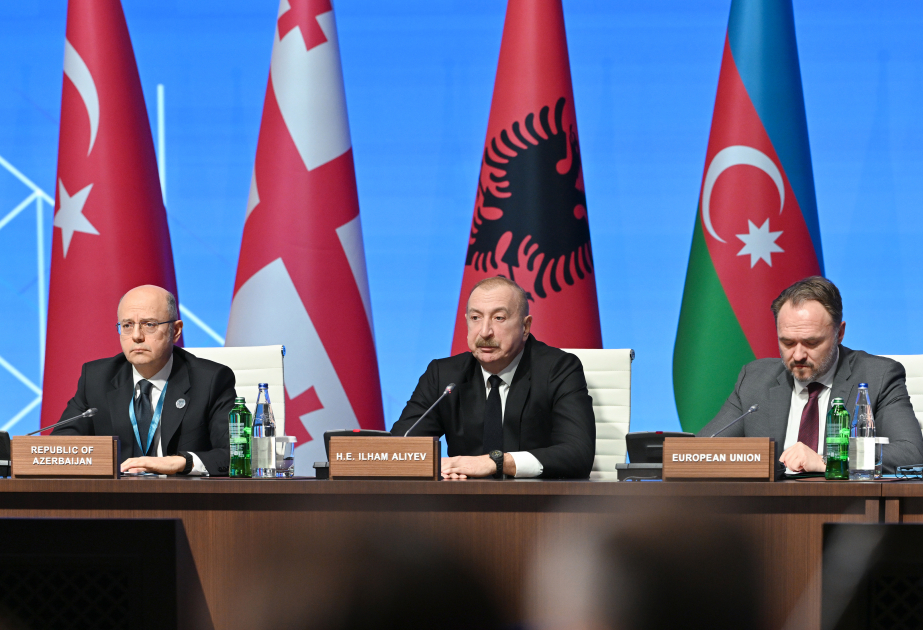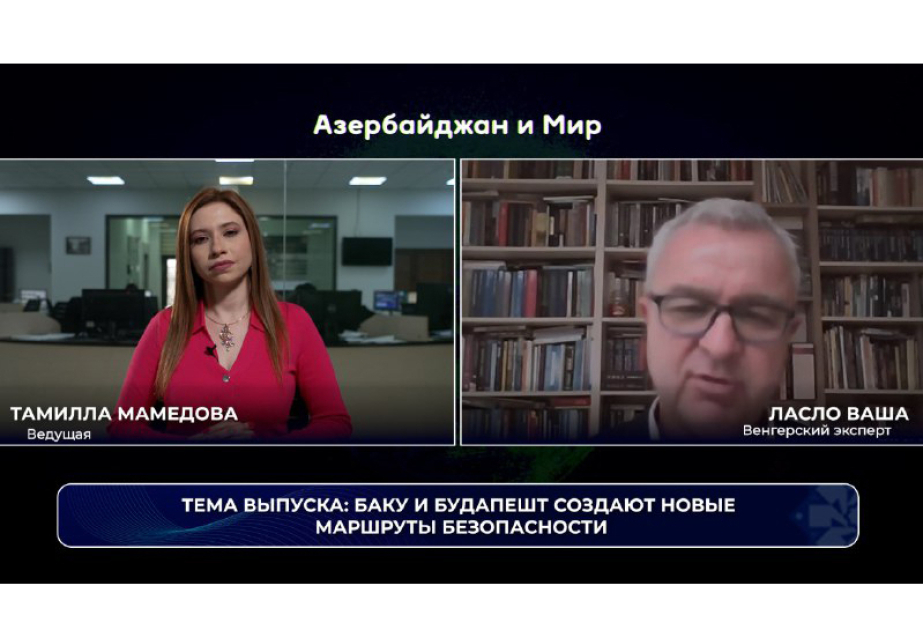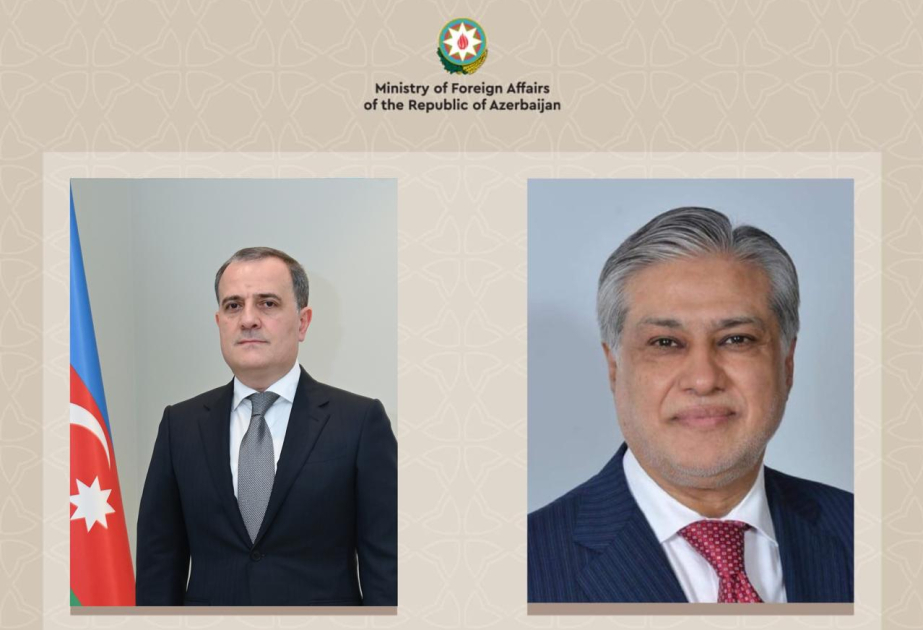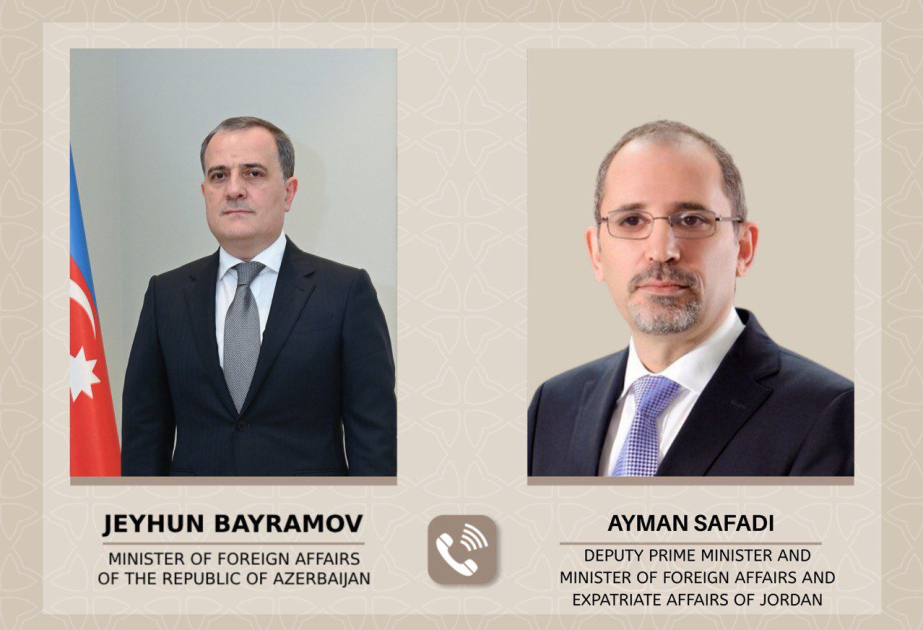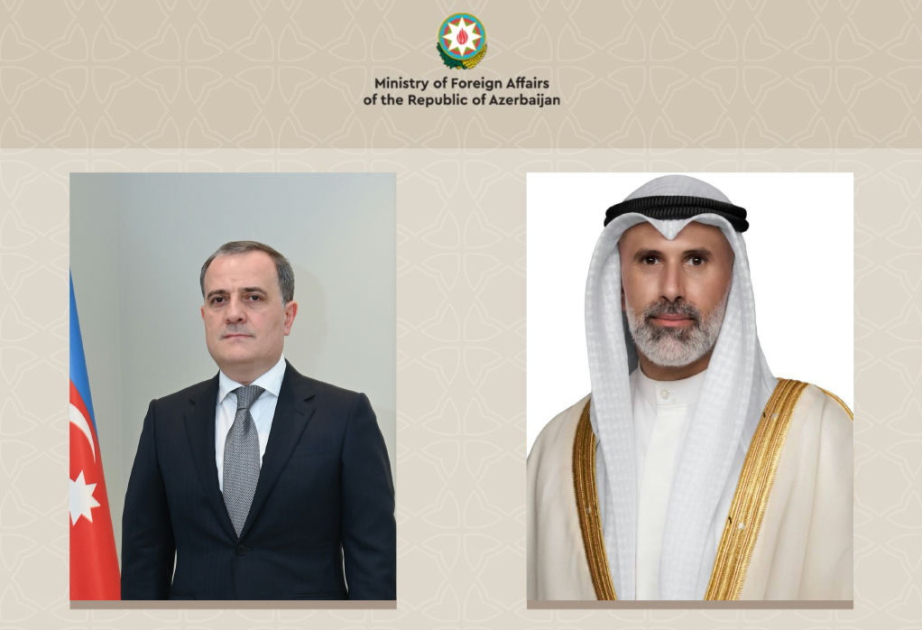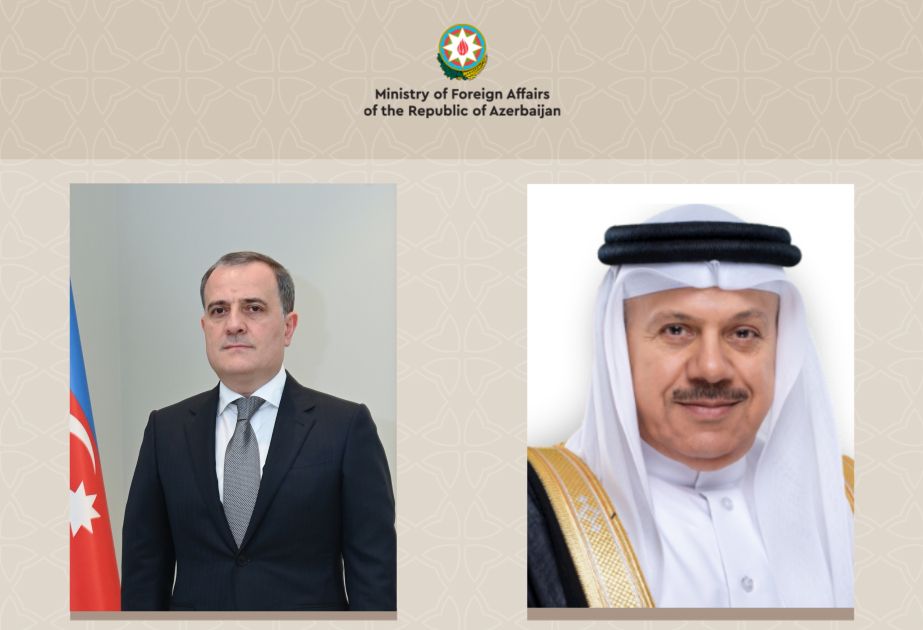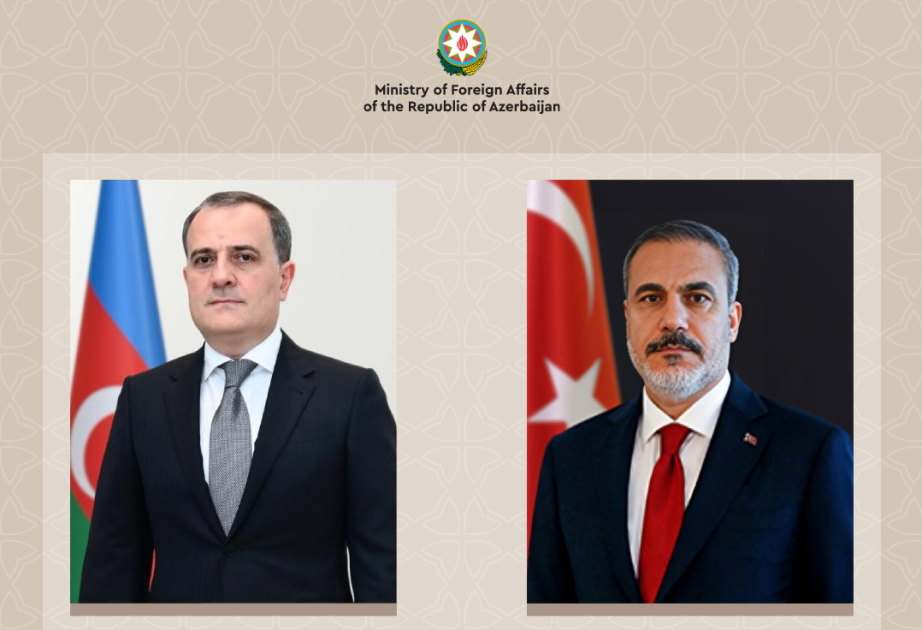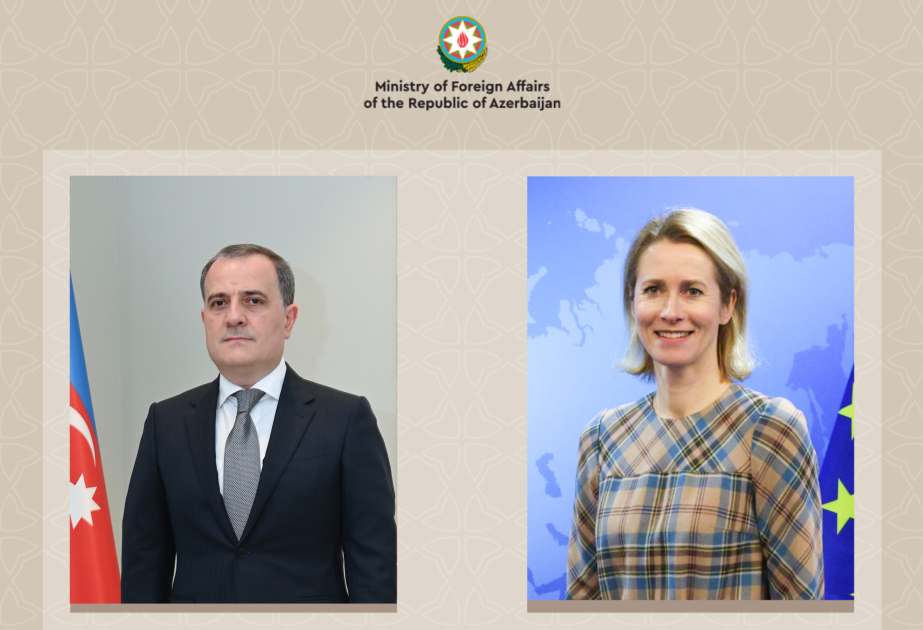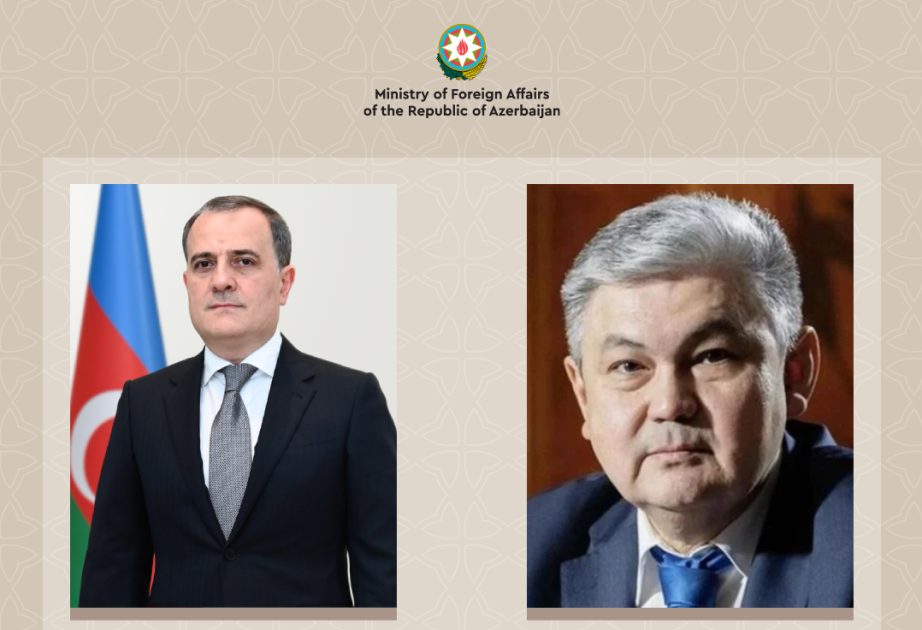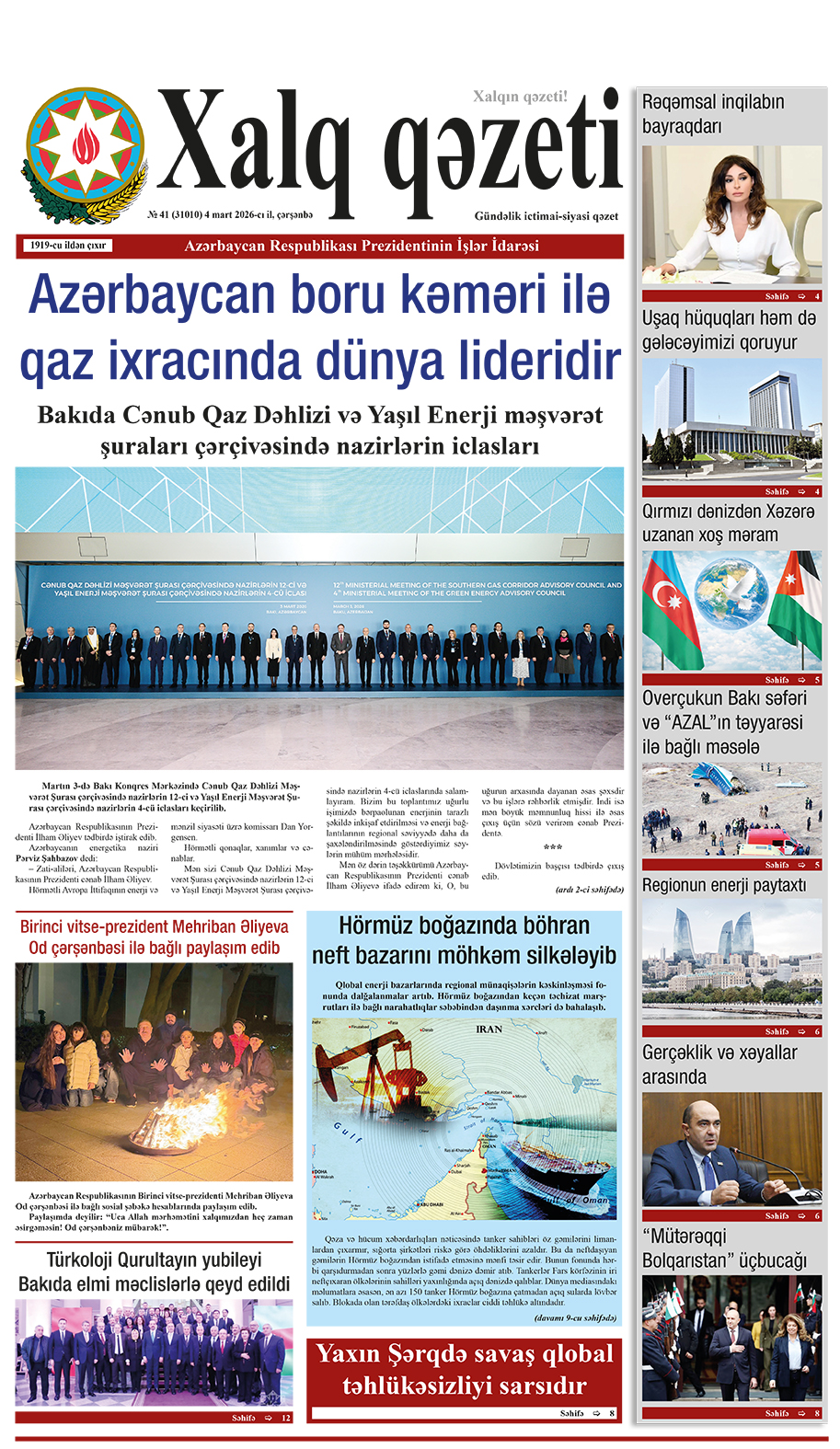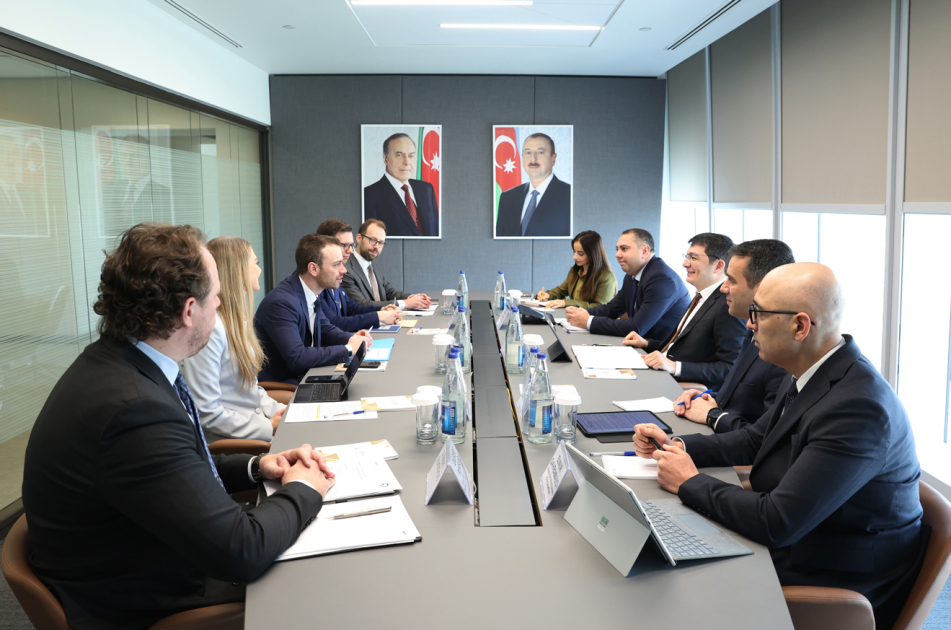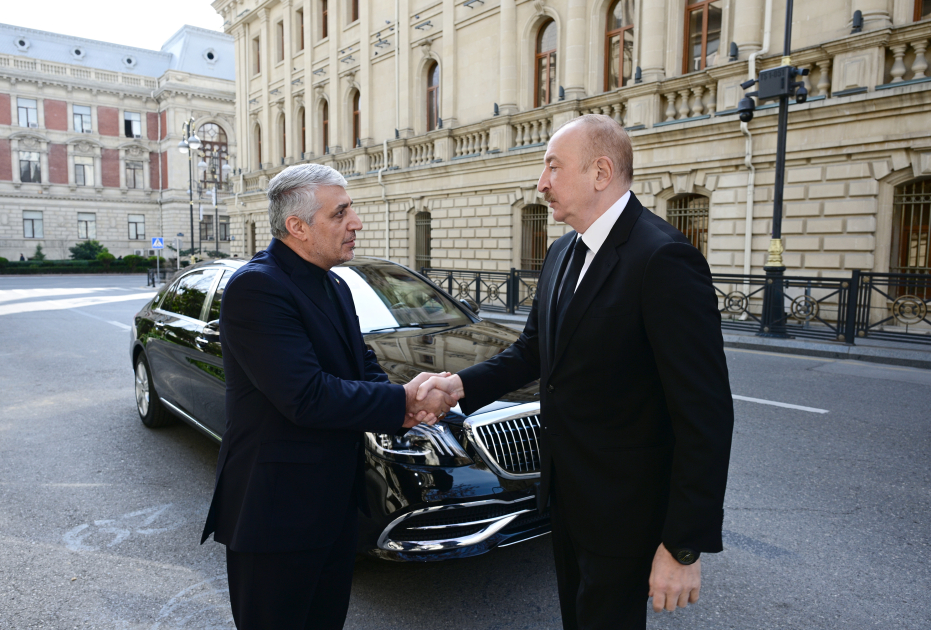II. The struggle of the people of Nakhchivan against Armenian aggression
The people of Nakhchivan, who could not receive the expected assistance from the AKP government, and the National Council started a nationwide struggle against the Armenians. In July 1919, large-scale popular uprisings against the Dashnaks began in Nakhchivan. The people's army under the leadership of Kalbali Khan dealt a crushing blow to the Armenians, and on August 30, the city of Nakhchivan was cleared of Armenians.
Few Turkish soldiers and officers in Nakhchivan fought heroically in this freedom war. Armenian Governor-General Varshamyan, whose authority does not go beyond the military barracks where he sits, and Armenian forces were expelled from Nakhchivan. It should be recalled that on February 28, 1919, the APC created the Nakhchivan Governor General headed by Bahram Khan Nakhchivanski. Soon after, he was replaced by Hashimbeyov in a short time. (Aliyev, p.62) After the expulsion of Armenians from Nakhchivan, the APC government appointed Samad Bey Jamilinski as the governor-general of Nakhchivan region. Samad Bey immediately started creating management structures. Khalil appointed the commander of the regional troops. Kalbali Khan became both the deputy commander and the commander of the Nakhchivan detachment.
The American colonel who came to Nakhchivan in July-August 1919 held secret talks with Jafargulu Khan and Khalil Bey and proposed to establish an American governor general here. At the end of August, the American colonel Paskel informed the Azerbaijani government on behalf of the Paris Peace Conference and the Council of the Entente Allies that the US governor general was established in Sharur, Nakhchivan and Darelaez. On October 23, Colonel Edmond Dely was to take office as governor.
In such conditions, APC leaders entered into active negotiations with US representatives. Colonel Paskel's representative, General Robinson, came to Nakhchivan, followed by General Mozetey, and after they left, Colonel Ray arrived. Ray insisted on assembling the people to inform the people of his appointment as governor general. However, the National Council meeting on October 23 decided that the people do not want to recognize anyone except the Azerbaijani governor-general. In this case, Ray had to leave the region after appointing Colonel Deli as an adviser to the Nakhchivan government.
In November 1919, Armenians again started attacks on the lands of Nakhchivan. The Armenians, who captured several villages of Ordubad, oppressed the population. The battalions sent by Khalil Bey dealt a strong blow to the Armenians and drove them back. Kalbali Khan was selfless in the battle with the Armenians, but he still had disagreements with both the governor-general of Nakhchivan, J. Jamilinski, and Khalil Bey. Representatives of APC tried to remove this tension. Then Kalbali Khan was awarded the highest military order of Turkey. The AKP government also awarded him the rank of major general for his services in the defense of Nakhchivan.
At the beginning of 1920, Armenian attacks on Nakhchivan started again. In order to ensure reliable protection of Nakhchivan, Khalil Bey Beyazit appealed to Javid Bey, the commander of the Turkish division. Measures were prepared for the defense of Nakhchivan by the order of K. Garabekir Pasha. In March 1920, by the decision of K. Karabekir Pasha, the commander of the XI Caucasus Army, a Turkish unit of 50 people was sent under the leadership of Ali Teymur Bey to strengthen the Turkish forces in Nakhchivan and support Khalil Bey.
These measures were of extraordinary importance, because Nakhchivan's relations with the AKP had become very weak. The internal and external political situation of the AKP government had deteriorated significantly. Under such circumstances, on March 21, Dashnak troops launched a large-scale attack on Nakhchivan. The fighting battalions headed by the Turkish officer Zob Bey, Kalbali Khan, Khalil Bey, Nuru Bey, Naji Bey, and Adib Bey hit the Armenians and made them sit back.
On April 23, 1920, the Grand National Assembly was held in Ankara under the chairmanship of Mustafa Kemal Pasha. K. Garabekir Pasha was appointed commander of the Eastern Front and immediately began to prepare for the battle against the Armenians. On May 6, 1920, a team of army officers Veysal Unuvar, Kamil Bey and Jalal Bey was sent to Nakhchivan to check the work of the Turkish soldiers in Nakhchivan and provide necessary assistance. The Chief of Staff of the II Caucasian Division was included in this team in order to establish contact with Baku and study the situation there. İbrahim Shahtakhtinsky (brother of Behbud Shahtakhtinsky) welcomed and hosted the delegation in Shahtakhtı village of Sharur. The delegation arrived in Nakhchivan by train on May 10.
At that time, although the governor-general appointed by AKP sat in Nakhchivan, the region was actually controlled by the National Council of Nakhchivan (headed by Jafargulu Khan) and the Self-Defense Committee (headed by Kalbali Khan). The Turkish soldiers and officers here, along with the khan and other zealous sons of Nakhchivan, were closely involved in the defense of this land from the Armenians.
As a military inspector, Veysal Bey used to inspect the camps located from Ordubad to Devali. Bey Veysel, who later became a general, wrote in his memoirs that "The people greeted us with love in the elation of being freed from Russian and Armenian oppression." Veysal Bey, who wrote that he was a guest at the house of Mashadi Huseyn in the Yengice village of Sharur, describes him as a hero of the Turks of Sharur, as a person who lost his life and property in the fight against the Armenians. On May 16, Veysal Bey finished the inspection work and returned to Beyazit via Shakhtakhti-Maku road.
After Bolshevik Russia invaded Azerbaijan on April 27, 1920, Armenians became more active in Zangezur and Nakhchivan region. They also attacked Nakhchivan and attacked the population. They blocked the roads in Zangezur and cut the connection of Nakhchivan with Azerbaijan. Therefore, by order of K. Garabekir Pasha, two battalions were sent to Nakhchivan under the leadership of Major Ali Demir Bey from Beyazit.
At that time, the socio-political situation in Nakhchivan was very complicated. Until now, Khalil Bey, who was the head of the Turkish soldiers in Nakhchivan and had done a lot of work for the defense of this region, resigned due to the policy of understanding with the Armenians and achieving peace through negotiations, which some circles in Nakhchivan had begun to follow. Therefore, on July 5, 1920, Veysal Bey was sent to Nakhchivan again to lead the forces in Nakhchivan.
Veysal Bey writes in his above-mentioned memoirs that the people of Nakhchivan accused the Turks of being allies with the Russians. A meeting was held in Nehram, a very zealous and heroic Turkish village of Nakhchivan. Azerbaijan's disaster was understood, the Bolsheviks were cursed. It was said in the rally: "Turkey is sacrificing us to save itself." "If they had not given up the offensive for the sake of the Bolsheviks, we would not be between two enemies today." At the same time, Bolshevik propaganda forces became active in Nakhchivan, and soon after, the Nakhchivan region was invaded by the Russians, and on July 28, it was announced that the Soviet government was established here.
By order of the chairman of the Azerbaijani government, Nariman Narimanov (under the pressure of Orjonikidze), Bahadur Valibayov, who played a role in the brutal destruction of the rebellion of the Tambov peasants in August 1920, was sent to Nakhchivan with a cavalry of 300 people as an extraordinary commissar. Abbasgulu Bey Shadlinski, who was in exile in Iran, was invited to Nakhchivan with his group and was formed under the name "Red Tabor". This camp played a decisive role in defeating and expelling the bandits of Dashnak Njde.
Sharur district was completely freed from the Armenians and the Revolutionary Committee of the District was organized there. In January-February 1921, the Red Tabor inflicted devastating blows on the Dashnaks in Darelaez-Sharur-Gamarli. Abbasgulu Bey Shadlinski and the heroic struggle of the Red Tabor led by him was widely covered for the first time in Ali Aliyev's book "Red Tabor" published in Baku in 1990.
B. Shakhtakhtinsky said in a meeting with the population: "Azerbaijan has sold you and your land to Armenia. If I were in Baku, I would not agree to this." As a member of the Azerbaijan Revolutionary Committee, I will relieve Valibeyov from his post and take him to Baku with me. If you want to keep your independence along with your land, the only force we will refer to here is Turkish troops. The people should unite closely around these troops. Only they will protect your independence and land and save you from a heavy disaster."
On September 29, 1920, K. Garabekir Pasha, who conducted successful operations against the Armenian troops on the eastern front, liberated Sarıgamish, Kağizman on October 1, and Kars on October 30 from the Armenians. With an ultimatum, he took Gyumri on November 7 and released Igdir on November 12. Finally, on November 25, the Armenians accepted the note of surrender (this note was given to the Armenian government 10-15 days ago) and came to the negotiating table, and on December 3, 1920, the Gyumri Treaty was concluded.
This was the first political victory of the new Turkey. In the conquest of Kars alone, two Armenian generals, 6 colonels, 16 centurions, and 1,500 soldiers were captured. 1110 Armenian soldiers and officers were destroyed. Among the captives were Armenian Minister of War Araratov, Chief of General Staff Vakilov, Commandant of Kars Primov (Russian) and a civilian minister.
In a short time, K. Garabekir Pasha's troops took back the regions occupied by Georgians. On February 23, 1921, the Turkish flag was planted in Ardahan, which was vacated by Georgians through negotiations. Turkish troops liberated Ahıska on March 9, Batum on March 11, and Ahılkalek on March 14. These triumphant advances of the Turkish troops accelerated the discussions in Moscow about "giving the Armenians a share of the Turkish lands" by the Russian Foreign Minister Chicherin and his Armenian deputy Garakhan, which had been delayed for weeks.
It should be noted that according to the Batum Treaty (June 4, 1918), Nakhchivan was under the protection of Turkey, and Turkey made serious efforts to prevent Nakhchivan from being handed over to Armenia in any case, both in the military and diplomatic fields. Therefore, in the following years, MK Turkey, like Ottoman Turkey, fought with all possible means against the attempts of Armenians, British, Americans, as well as Russians to acquire Nakhchivan or give it to Armenia in various ways.
On December 13, 1921, before leaving for the Moscow negotiations, the head of the Turkish delegation Y. Kamal met Mustafa Kamal Pasha and said, "Pasha, what should we do if the Russians insist on Nakhchivan?" he asked. Mustafa Kemal Pasha said: "Nakhchivan is the Turkish gate. Do your best with this in mind." Indeed, after weeks of difficult negotiations, the Moscow agreement was reached, which determined the fate of the Nakhchivan region. Although the Russian side, which strongly objected to the annexation of Nakhchivan to Turkey, tried to join this region to Armenia or, if not, to Russia, Turkish diplomacy finally managed to transfer the ancient Turkish land to the protection of Azerbaijan under the conditions set by it.
The friendship treaty concluded between Russia and Turkey on March 16, 1921, along with many fundamental issues between Russia and Turkey, once and for all resolved the fate of the Nakhchivan region. In accordance with the third article of the agreement, Nakhchivan was given to Azerbaijan as an autonomous region, with the condition that it would never leave the right of protection to a third state. The definitive idea emerging from this article was that only Azerbaijan should have sovereign power over the Nakhchivan region, and Azerbaijan cannot compromise its power there to a third country other than Turkey if there is any danger in the defense of this region.
Two weeks after the Moscow Treaty, in early April 1921, the Soviet government of Azerbaijan presented two units of 800 carat silver, 279 units of 24 people to the commander of the Eastern Front, K. Garabekir Pasha, and the Chairman of the National Assembly, Mustafa Kamal Pasha, as a small memorial for their national services in connection with the fate of Nakhchivan. dining service set sent as a gift.
The Treaty of Kars concluded on October 13, 1921 between Turkey and Armenia, Azerbaijan and Georgia with the participation of the Russian representative reaffirmed the terms of the Moscow Treaty regarding the Nakhchivan region. With this, the fate of Nakhchivan was determined forever. This very important historical agreement became a reliable political guarantee for the protection of the Nakhchivan region.
The status of Nakhchivan established in the agreements of Moscow and Kars became especially relevant after the transfer of Zangezur, the ancient land of Azerbaijan, to the Republic of Armenia by the Soviet authorities, thereby physically separating Nakhchivan from the main part of Azerbaijan, and created the basis for the status of the Autonomous Republic to be announced in 1924. In the following years, this agreement also played a decisive role in preserving the integrity of this region, at least partially. By the decree issued by the Central Executive Committee of the Azerbaijan SSR on February 9, 1924, the Nakhchivan region of Azerbaijan became the Autonomous Soviet Socialist Republic.
As Academician Ismayil Hajiyev wrote, in addition to a number of factors in the historical destiny of Nakhchivan and keeping it within Azerbaijan, international agreements of Moscow and Kars also played a big role. Both international agreements were signed indefinitely and are still in force today. Those agreements cannot be unilaterally canceled by the signatory states.
After Azerbaijan regained its independence in 1991, the Armenian separatism that started against our country in the USSR, in the late 1980s, followed by the occupation of our lands created a serious threat for the Nakhchivan MR, which was blockaded by Armenia. History was repeating itself, the Republic of Azerbaijan, which had gained its independence under new conditions, could not make serious efforts in the defense of Nakhchivan. Dozens of martyrs were killed in unequal battles with Armenian armed forces for the defense of homeland in Nakhchivan Autonomous Republic, and Karki village of Saderak district was occupied by Armenians.
In this situation, the great leader Heydar Aliyev, who led the autonomous republic, in an interview with London's "Daily Telegraph" newspaper on May 21, 1992, sharply criticized Armenia's aggressive policy and declared that he would appeal to Turkey for help if these actions were to continue. In October 1921, declared that Turkey has a say in protecting Nakhchivan and ensuring its territorial integrity with the concluded Kars Agreement.
On January 14, 1998, at the meeting of the Constitutional Commission of the Republic of Azerbaijan, President Heydar Aliyev said: "I think that the autonomy of Nakhchivan is a historical achievement, we must preserve it. The autonomy of Nakhchivan is a very important factor that serves Nakhchivan for the return of other lost lands. We must preserve this factor." Continuing his opinion, the Great Leader emphasized that the autonomy of Nakhchivan is a historical event for the border relationship between Azerbaijan and Turkey. It is a very historical event that at that time autonomy was created in Nakhchivan within Azerbaijan, and when those borders were regulated in those agreements, a border of Azerbaijan with Turkey, albeit a small one, was created.
National leader Heydar Aliyev's personal relations with the leaders of the fraternal Republic of Turkey in 1991-1993, intensive meetings and discussions held by him were of special importance in the protection of the Nakhchivan Autonomous Republic, as well as in the development and further expansion of mutual relations between our countries. On May 21, 1992, a delegation of the Ministry of Foreign Affairs of the Republic of Turkey arrived in Nakhchivan on May 21, 1992, on the instructions of the Prime Minister of Turkey, Suleyman Demirel, in order to study the situation caused by the aggression of Armenia. Heydar Aliyev, who received the delegation led by Ambassador Omar Arsu in the Supreme Assembly of Nakhchivan MR, informed about the armed aggression of the Armenian armed forces on the Sharur and Saderak regions of the autonomous republic since May 18, 1992, and stated the measures taken in this direction.
Regarding this situation, after the strict warning of the government of the Republic of Turkey, the aggressor Republic of Armenia was forced to refrain from direct military aggression against Nakhchivan, but began to continue the blockade policy. At the same time, the consistent policy implemented by the Chairman of the Supreme Majlis Heydar Aliyev in the field of Nakhchivan's defense, especially bringing the Kars Agreement to the agenda, played a historic role in saving this region from both foreign interference and internal difficulties. The great leader Heydar Aliyev emphasized the political importance of the Kars Treaty and said that since Nakhchivan was separated from the main lands of Azerbaijan, the Kars Treaty is a great and invaluable document for us to ensure the integrity, security, statehood and autonomy of Nakhchivan in the future.
Speaking on the occasion of the 75th anniversary of the birth of the President of the Republic of Turkey, Suleyman Demirel, Heydar Aliyev, who spoke in Çankaya pavilion in Ankara on November 1, 1999, once again stated: "The Nakhchivan Autonomous Republic is an integral part of Azerbaijan. But, unfortunately, when the Soviet government divided the maps in 1920, bought the Zangezur district of Azerbaijan and gave it to Armenia, the Nakhchivan Autonomous Republic was separated from the great land of Azerbaijan."
The great leader later noted that after the beginning of the Armenian-Azerbaijani conflict, Nakhchivan became a blockade and it was very difficult to live there: "The most important thing about the help of Suleyman Demirel to Azerbaijan is that he ensured the existence and stability of the Nakhchivan Autonomous Republic in those years. This would not have been possible if the "Bridge of Longing" had not been built over the Araz River in a short period of time. In the 40-degree frost of that winter, an electric line was built from Turkey to Nakhchivan, and other assistance was provided. I saw them with my own eyes when I lived there."
The 100th anniversary of the Nakhchivan Autonomous Republic is an opportunity to take another look at the recent history of this ancient land, to deeply appreciate the historical role played by our brother Turkey in the recent history of this region, as well as in Azerbaijan as a whole, based on the great leader Heydar Aliyev's formula "One nation, two states". It created an opportunity to assess the strength and influence of the Azerbaijan-Turkey union, which is growing day by day.
Eynulla MADATLI,
Deputy director of ANAS Institute of Philosophy and Sociology, doctor of historical sciences




